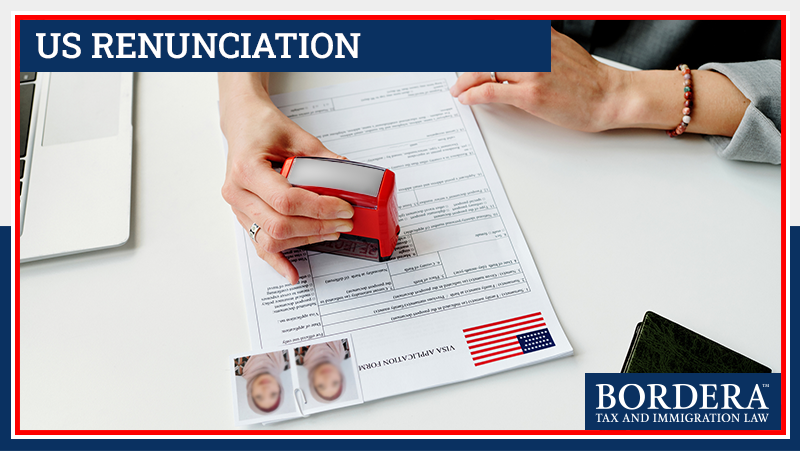The Complex Journey of US Citizenship: Navigating Tax and Filing Obligations Abroad
Explore the intricate web of US citizenship, tax compliance, and the rising consideration of renunciation in an evolving global landscape.

Understanding US citizenship can be a complex journey, especially when it comes to taxes and filing requirements for citizens and green card holders living abroad. Whether you're a US citizen by birth or through your parents, you're expected to report your income to the US government, no matter where you reside or if you hold dual citizenship. In recent years, the US has become stricter in enforcing these tax laws, urging individuals to fulfil their financial duties diligently. This growing scrutiny has led many to consider an important decision: US citizenship renunciation.
Navigating US citizenship and its associated tax obligations can be complex, particularly for citizens and green card holders living abroad. For some individuals, renouncing their US citizenship or terminating their green card can offer simplicity and financial savings. That being said, the process requires careful consideration and sound advice to avoid potential negative tax and immigration consequences. For example:
While renunciation of US citizenship has its drawbacks, it also brings forth several positive aspects that individuals should consider. Among the benefits are:
At Bordera, we hold licences in both the United States and Canada. Our team has guided numerous individuals in successfully renouncing their US citizenship or terminating their green cards. Our US tax lawyers assist with navigating their US tax reporting obligations efficiently, ensuring minimal taxes, penalties and administrative burden.
Our top priority is to assist you in making an informed and educated decision.
Don't navigate these decisions alone, let our team guide you through the process. Book a consultation with us today!
Our client engagement mirrors our core principles: discretion, proficiency, and transparent fees. Instead, our onboarding process simply ensures that we are the professionals best suited for your situation.
Providing us your individual and, if applicable, business name(s) is all that we need to start this process.
Choose Bordera to access a team with 25+ years of cross-border tax experience, offering big firm knowledge tailored to your needs without the associated bureaucracy. Benefit from cross-border tax and immigration solutions that transcend national perspectives, ensuring efficient and effective resolutions from day one.
Very likely yes. With rare exceptions, being born in the US makes a person a US citizen from birth. As in most countries, in the US not having previously had a passport does not mean that a person is not a citizen.
Having to file a US tax return does not necessarily mean that a person will owe US taxes. In fact, it’s very common for US citizens living in other countries not to actually pay US tax because they receive credit for taxes paid to the country where they reside. However, this does not eliminate the requirement for a US person to annually file a US tax return. It also does not excuse a US person from filing US information returns to report certain non-US assets and transactions. Indeed, penalties for late filing such returns can be very costly (starting at $10,000 USD per form for some reports) even if no tax is owed. Additionally, US citizens remain subject to not just US income tax and information reporting requirements but also the US estate and gift taxes.
The 2010 US Foreign Account Tax Compliance Act (FATCA) requires financial institutions around the world to identify account holders that they identify as US people and report account information to the appropriate government tax authority (such as the Canada Revenue Agency). The tax authority then shares this information with the IRS. Banks that do not comply face high withholding taxes on their US income, so all major non-US financial institutions comply with FATCA.
Renunciation means giving up the right to live and work in the US, as well as the right to vote in US elections. Many former citizens travel back to the US as visitors if they have renounced properly.